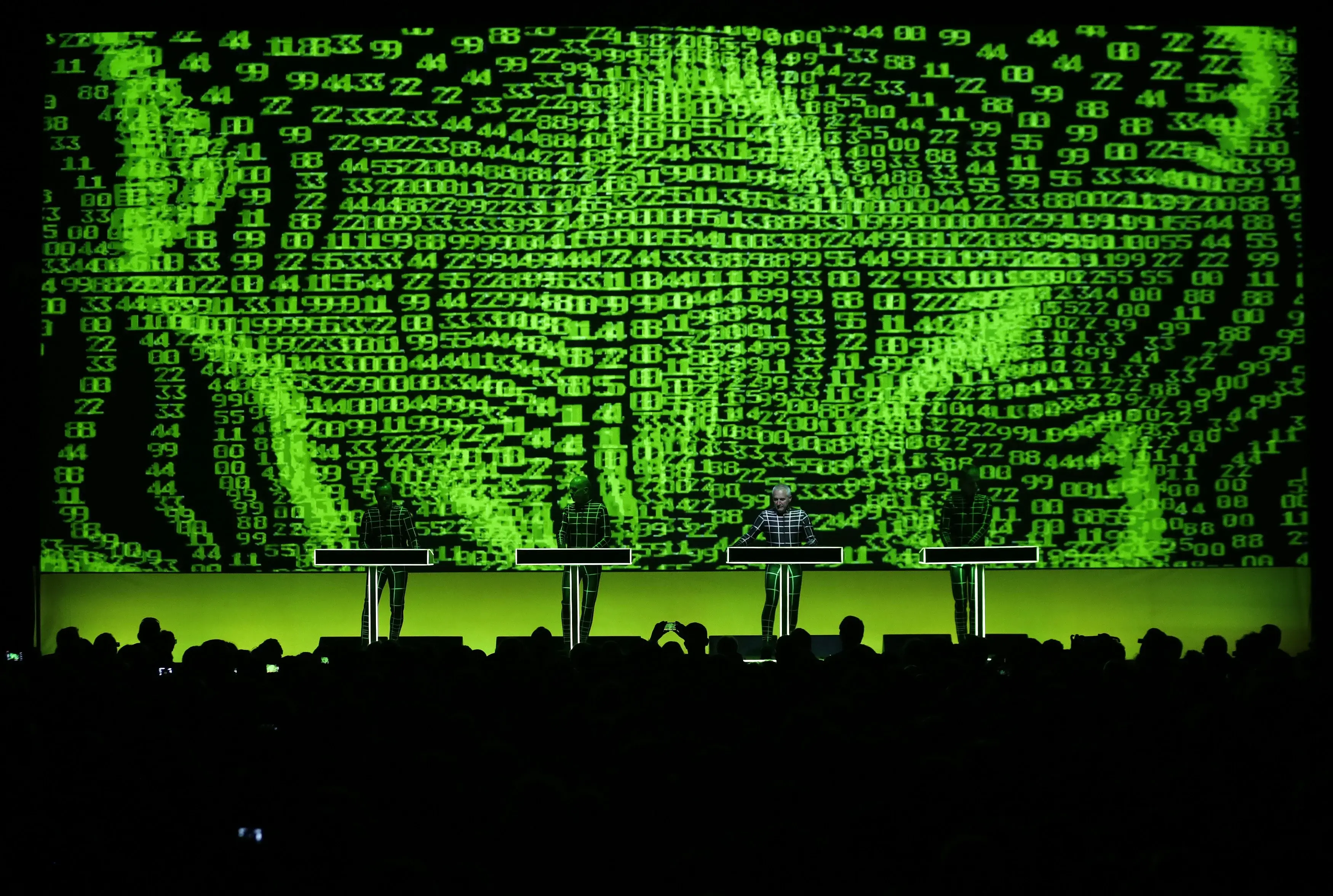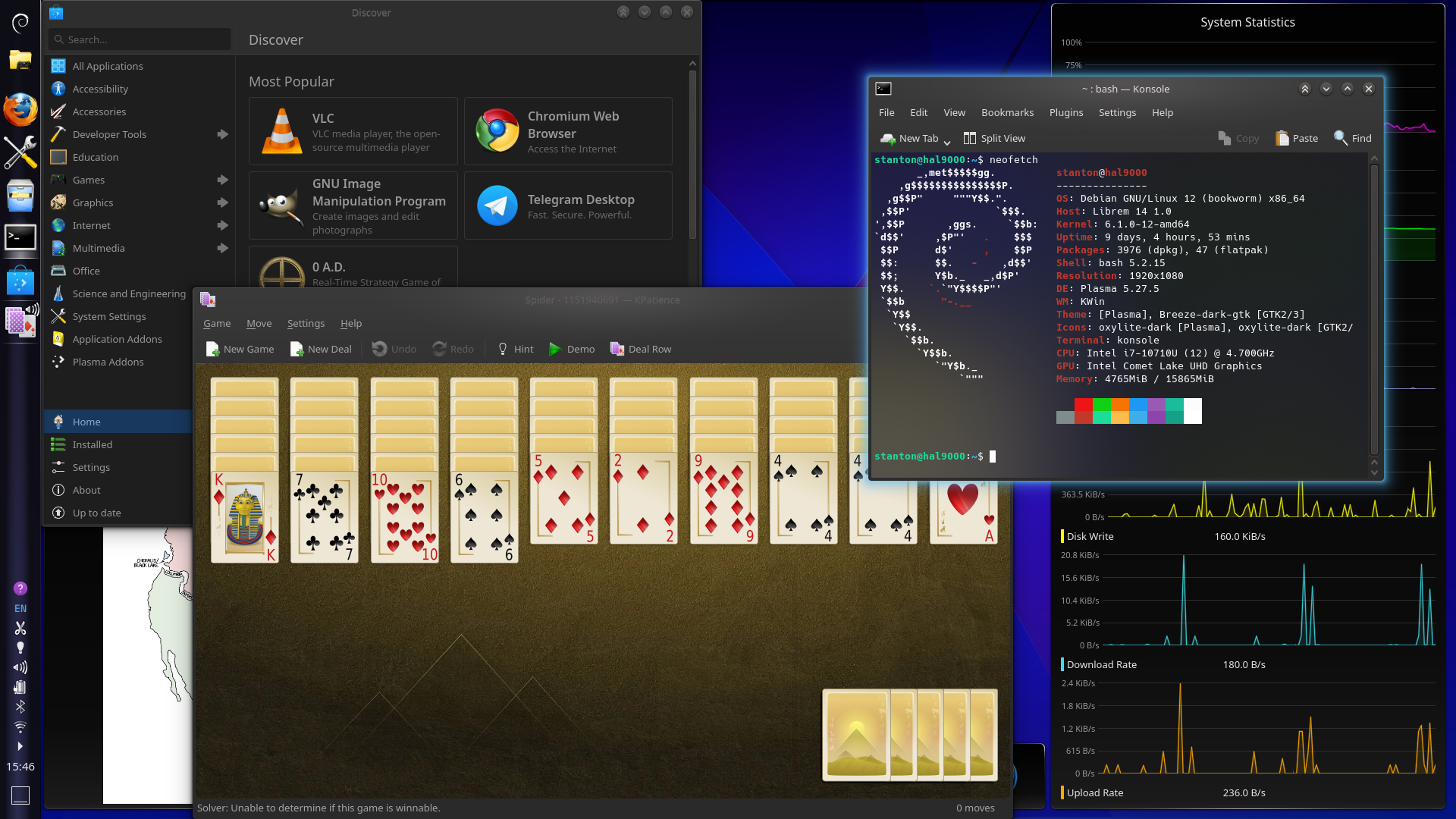

- Create a source control repository containing all your code, and publish it to an online code forge. GitHub’s docs might help with this: https://docs.github.com/en/get-started/start-your-journey
- Choose an open-source license and add it to the repository as a LICENSE file. If you want to require any projects that build upon yours to be open-source too, the GNU GPL is a good choice. If you want to allow proprietary programs to include your library without releasing any source code other than that which is directly based on yours, the GNU LGPL is good for that. If you want to allow people to do whatever they want, even use all your code as the basis of a proprietary program without credit, the Unlicense is a good choice. There are a lot of licenses with different degrees of “copyleft” and attribution requirements in between. Technically publishing with a license file is all you need to do, but there are more things you should do.
- Create a README text file describing what your program does, and instructing users on how to compile and run it. Consider including more detailed documentation on how to use it, as well.
- Clean up your code and file layout so that it’s as easy as is feasible for other programmers to understand.
- Promote your project to whoever you think might find it useful!

